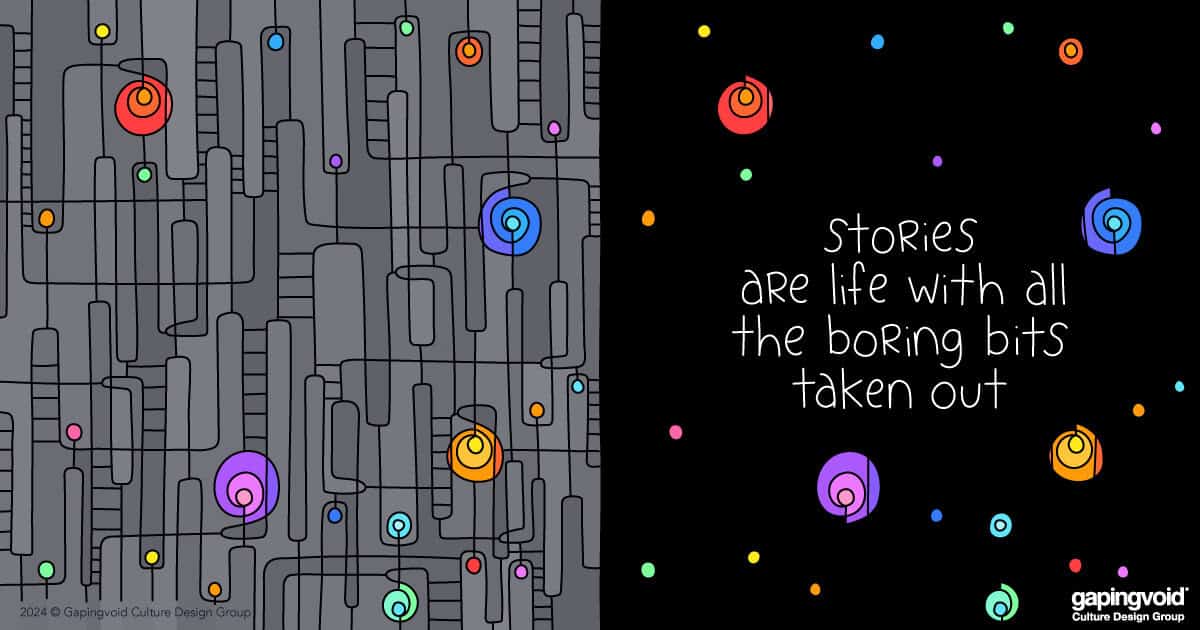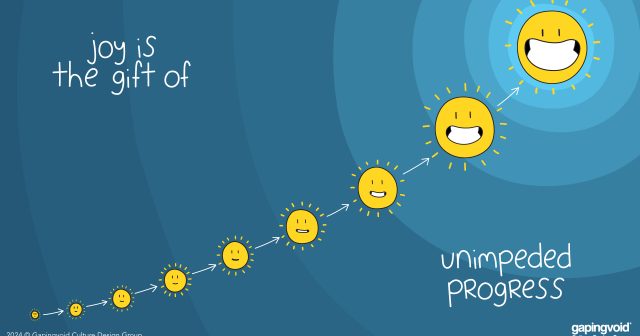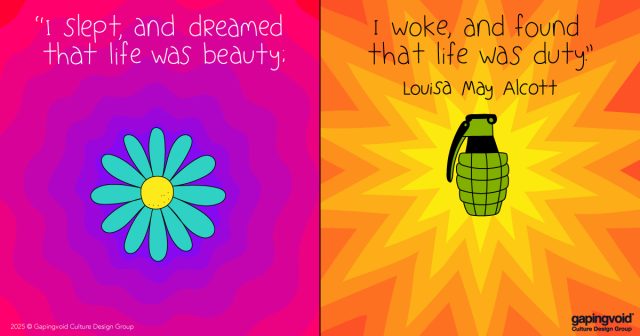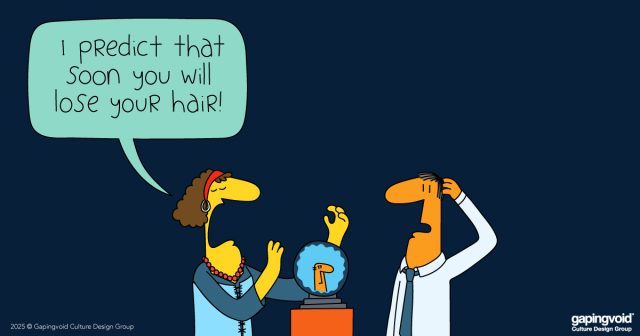
There was a tweet recently, talking about Ernest Hemingway. To paraphrase:
“Agreed, Hemingway was a deeply flawed human being. But so what, you’re a deeply flawed human being as well… BUT HE WAS HEMINGWAY, you’re just a freakin’ mortgage broker.”
It got us thinking about what made Hemingway, “HEMINGWAY”?
Hint: it wasn’t his books. Sure, he wrote some great ones, but so have a lot of other people. Hemingway became such a legend simply because he had a great story. The adventures. The war stories. The conflicts. The booze. The women.The genius. The exotic locations. The drama. The glory. The tragedy.
Triumph, train wrecks, and everything in between. It’s all there.
And it wasn’t all accidental. He wanted an exceptional life from the beginning. While still in his teens, he ran off to volunteer as an ambulance driver during WWI, before the Yanks had even entered the fray, and had an affair with an older nurse. He lived in Paris in the 1920s and hung out among all the famous literary American expats. He saw action in the Spanish Civil War. He fished for marlin off the Cuban Coast. His life was full of tempestuous affairs and fist fights. While doing all this he also managed to write a few amazing books. Who knew?
It was quite an act to follow. As he got older, he found it quite hard to keep up. Eventually he got tired. Eventually he got sick. Eventually he took his own life. Dramatic right up until the end.
Of course, Hemingway was an outlier. Most of us mere mortals are more on the “mortgage broker” side of things.
That being said, just because we’re not Hemingway, or Einstein, or Julius Caesar, or Frida Kahlo, we’re really not that different from them. We, too, want our stories to mean something, at least to ourselves and our loved ones. Because narrative is how homo sapiens make sense of the world.
Which is why we often see people doing crazy things on Instagram, like bicycling across Mongolia, base jumping off a cliff, covering themselves in tattoos, starting an amazing business, or flashing their money, wisdom or power around. They want to be able to tell an interesting story about themselves. They’re doing it for the same reason people get heavily invested into brands, lifestyles or political movements. We’re all looking for something to fill up the “Narrative Gaps” in our lives.
It’s as much biological as it is psychological. People with a great narrative are more likely to accumulate power and status, which means they’re more likely to survive and their genes are more likely to be passed on. Or at the very least, if they die early, being a legend will make it more likely that the people they leave behind will still be taken care of by the tribe.
Superficially, “filling in the narrative gaps” might sound like a bit of a vanity project. It’s not. It’s a fundamental human drive, and all of us who work with other people forget that at our peril.




Hey,
This piece brilliantly captures the essence of what makes a life truly remarkable. It’s not just the achievements or the fame, but the rich, compelling narrative that weaves through every adventure and every struggle. Hemingway’s life, as you’ve highlighted, was a tapestry of experiences that made him a legend, and your insights remind us that we all seek to fill the narrative gaps in our own lives.